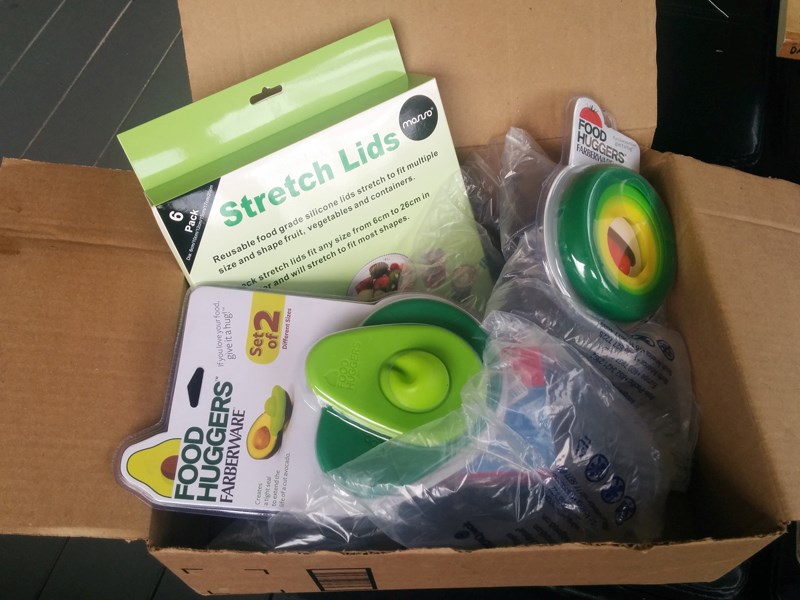Have you ever spent a rainy afternoon by the fire wrapped up in blanket while trolling the internet for “must-haves” online?
If so, you may have been the recipient of an overpackaged goody delivered in the mail. As you dove in to find your treasure, did you have to wade through layers of foam peanuts or air-filled bags that resemble water wings from your youth?
These are the hard realities that come with the convenience of virtual shopping. Even the most eco-friendly treats and tools can come in less-than-ideal packaging.
When the impulse to grab that online deal comes, here are some questions to consider before you add to your cart:
Can I avoid this purchase?
Perhaps there is an easy fix to a seemingly broken device, or maybe a home remedy that can be found in your kitchen or backyard.
Can I borrow rather than buy?
This can save you time and money.
Can I buy this used?
Treasure hunting at garage sales and thrift stores is rewarding for the pocketbook. Online sources are a great resource for local used items as well.
Can I rent instead?
Rent from a business or a friend.
Can I find the same item locally?
Better yet, is it made from local materials or ingredients? Craft and food markets are a great place to start to ensure your items have a lower carbon footprint.
How long will it last?
Buy quality items built to last through the inevitable bumps and tumbles that life brings. Think of generations past who could hand down their favourite razor compared with our disposable mentality nowadays.
Is it compostable, recyclable and plastic-free?
When your purchase reaches the end of its life, it is encouraging to know it will break down into food for the soil, or be responsibly recycled.
Lastly, curbing your exposure to advertising, which fuels the hunger for unnecessary purchases, can go a long way toward reducing your footprint, online and in the store.
Let’s Talk Trash is Powell River Regional District’s waste-management education program.



